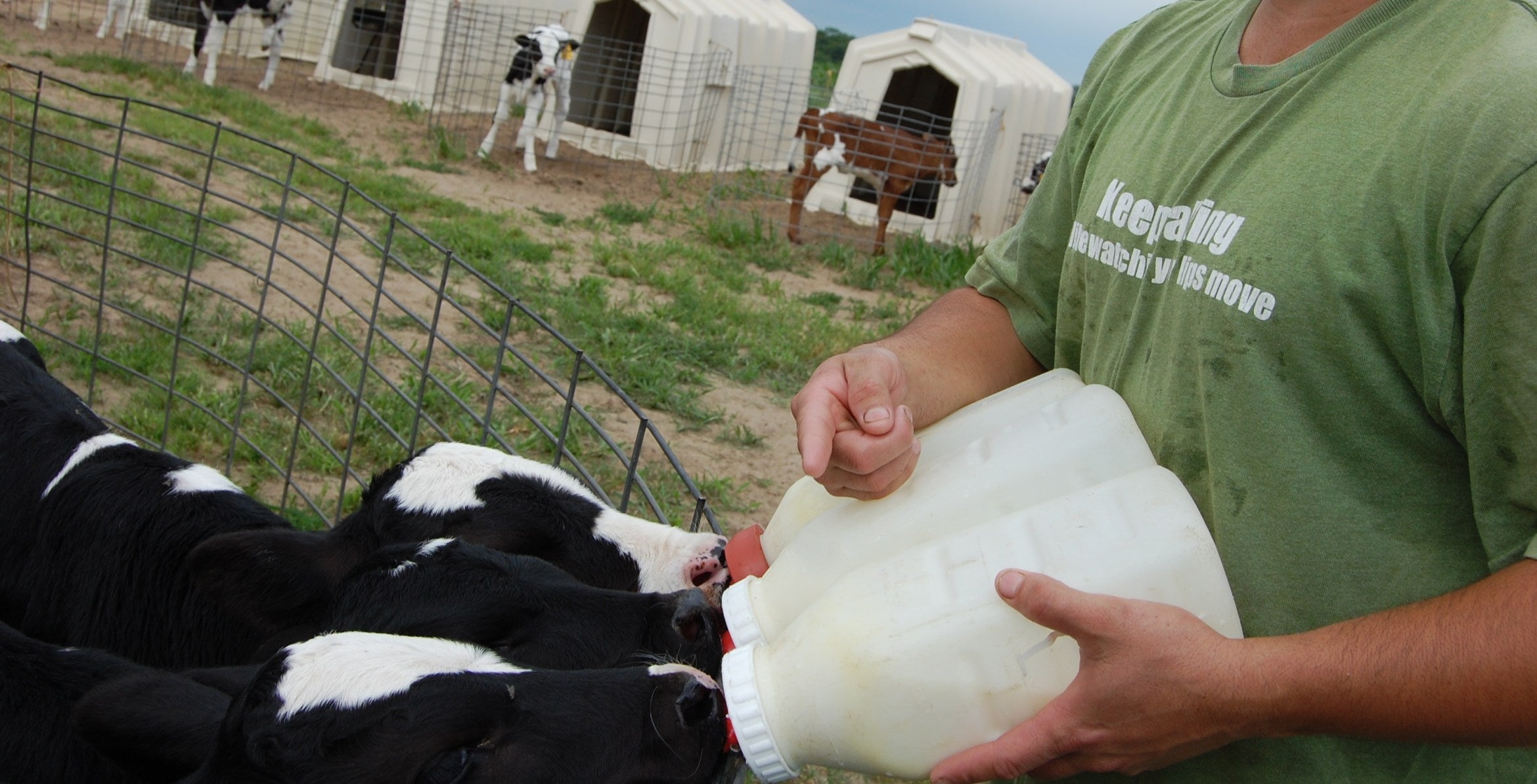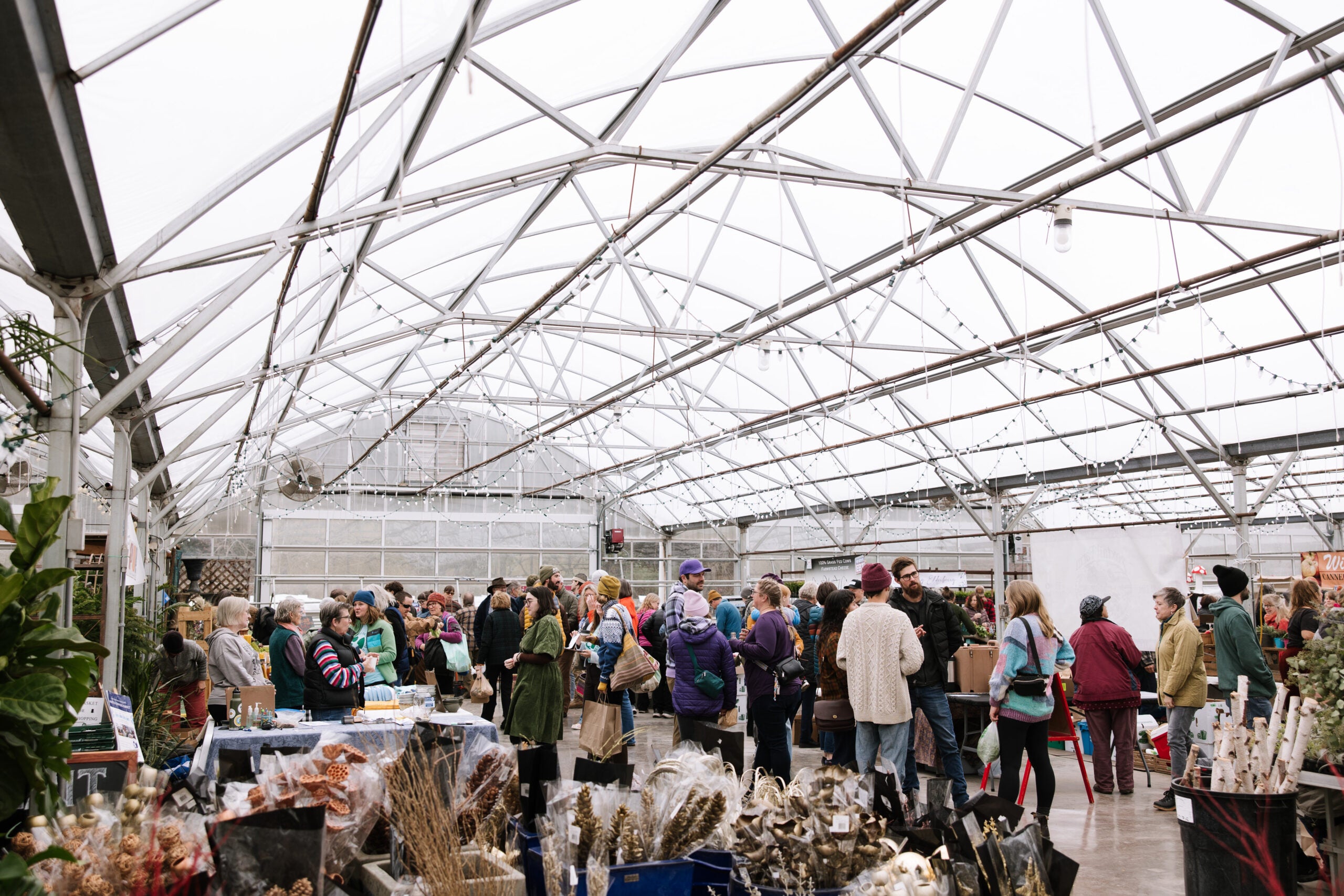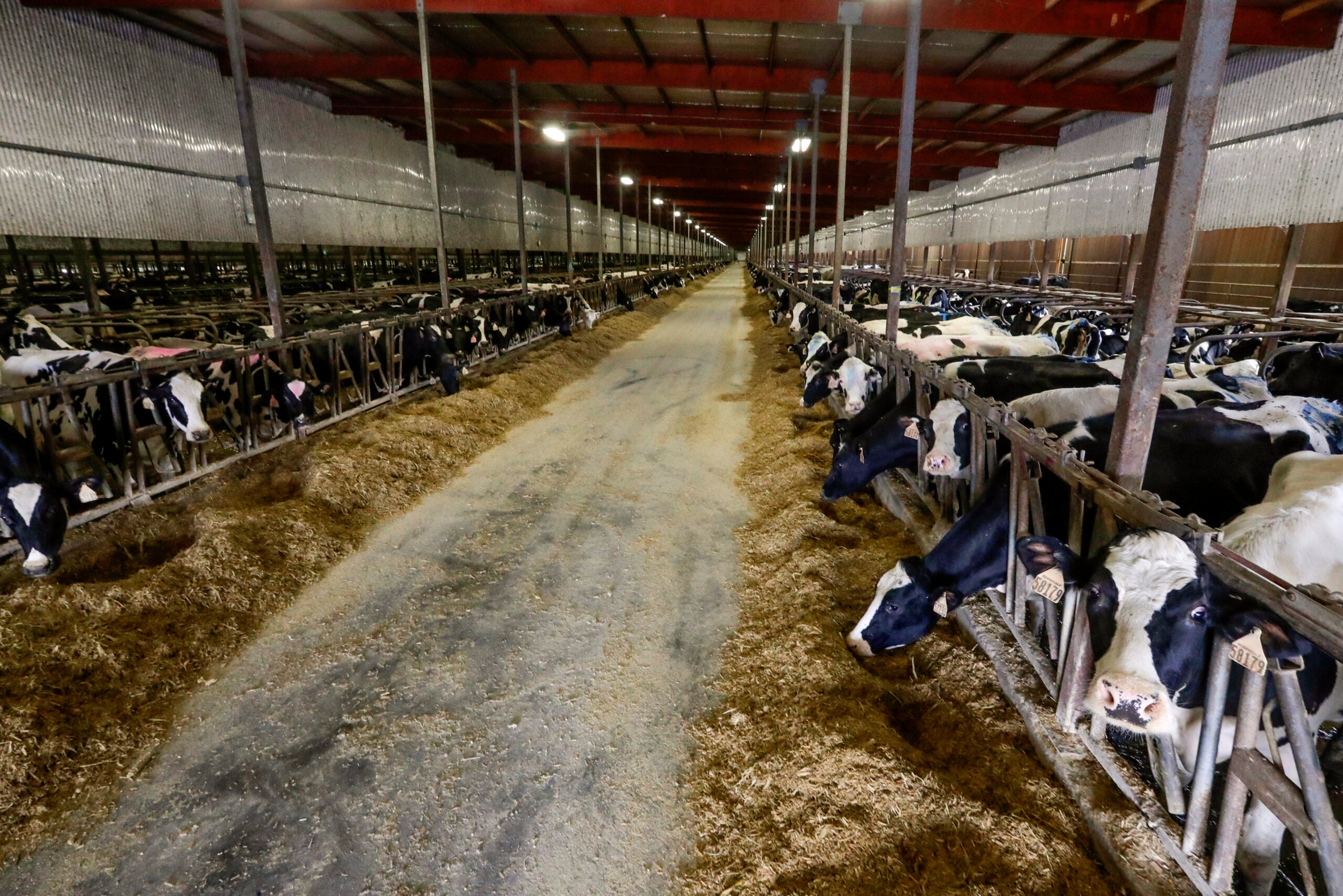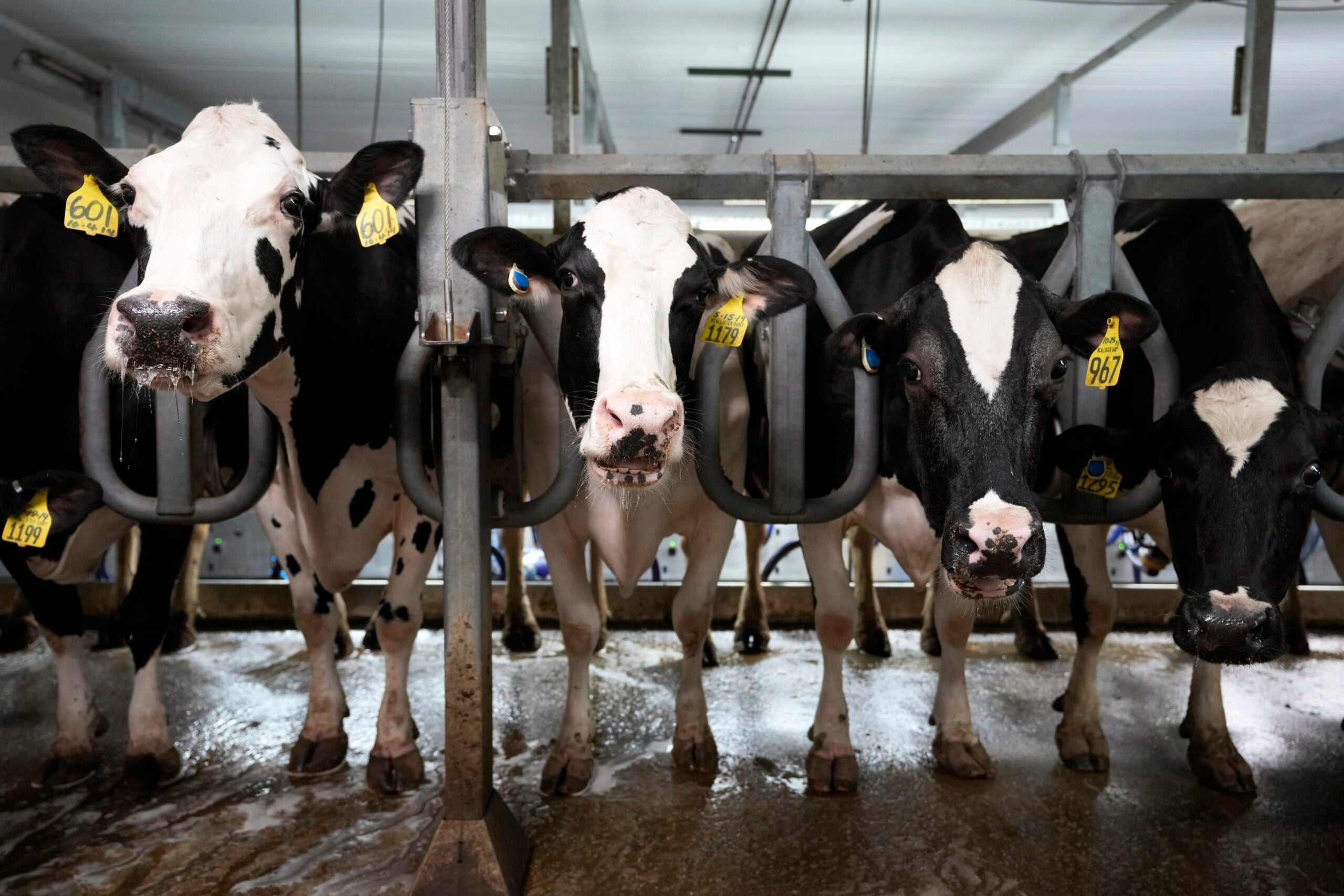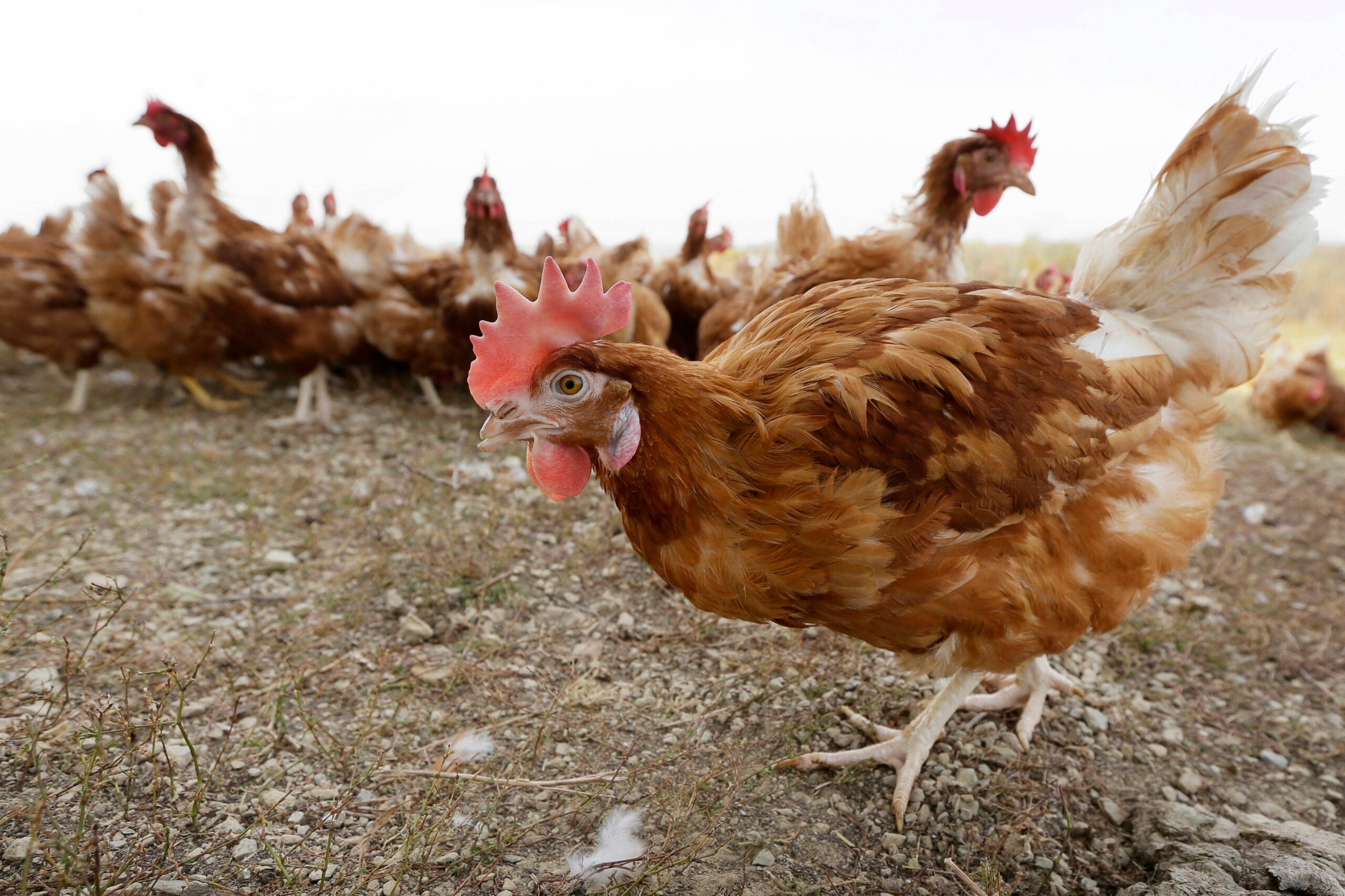Wisconsin continues to have the second most certified organic farms in the country behind California.
With 1,205 organic farms, the state saw a slight decrease in the number of farms and acres operated in 2015, according to the latest report from the United States Department of Agriculture.
Nationally, the number of organic farms decreased by about 9 percent, while acres used for organic farming increased by almost 19 percent.
News with a little more humanity
WPR’s “Wisconsin Today” newsletter keeps you connected to the state you love without feeling overwhelmed. No paywall. No agenda. No corporate filter.
Harriet Behar, senior organic specialist at the Midwest Organic and Sustainable Education Service, said there is some consolidation of organic farms throughout the U.S., but what’s more common is landowners seeking out organic producers to rent their farmland.
“Because they themselves are organic consumers, and since they have an interest in some land and their heart is in having organic food, they seek out organic producers,” Behar said.
Wisconsin had the most organic dairy farms last year, with 439 farms producing about 370.7 million pounds of milk.
“There are people who come to Wisconsin, (and) they move from other regions specifically to do organic dairy,” Behar said.
Good pasture, plentiful water and the availability of dairy processing facilities in the state are a big draw for dairy farmers, she said.
Wisconsin also had the highest number of farms producing organic eggs. Behar said most of these farms are producing eggs as a secondary product.
“It’s a nice kind of add-on enterprise because it doesn’t typically need a full day of work, about four or five hours a day works real well for an organic egg operation,” Behar said.
Wisconsin farmers sold over $222 million worth of products in 2015, an almost 11 percent increase from the previous year.
And as organic commodity prices remain more favorable than the conventional industry, Behar said there are still many new producers entering the industry, with Wisconsin inspectors reporting twice as many new applicants for certification this year.
“It’s been somewhat of a strain for the certifiers who are active in Wisconsin to get all those new people certified. There’s a little bit of a shortage of organic inspectors,” Behar said.
Wisconsin had the second highest number of acres in transition to organic last year at 10,836 acres.
Wisconsin Public Radio, © Copyright 2026, Board of Regents of the University of Wisconsin System and Wisconsin Educational Communications Board.

